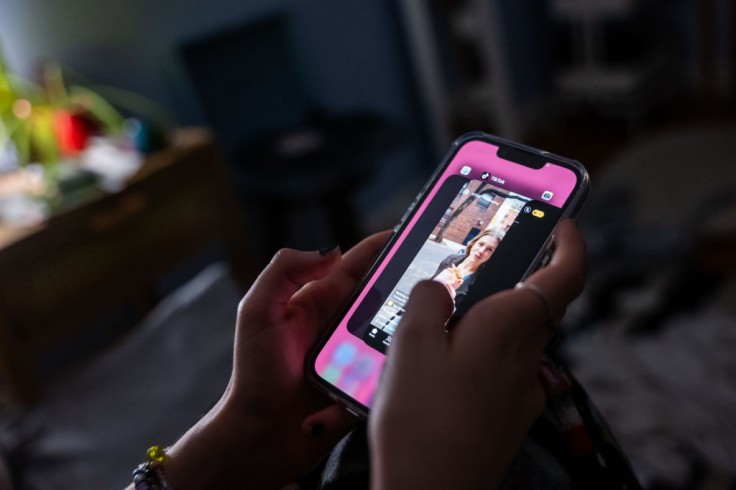Mississippi became the latest state to be blocked from its laws essentially restricting minors from social media after a federal judge ruled such legislation violates children's speech rights.
U.S. District Judge Halil Suleyman Ozerden ruled in favor of tech industry trade group NetChoice against Mississippi, citing potential violations of the First Amendment.

Ozerden claimed that such laws dealing with speech are likely to face federal scrutiny "regardless of the government's benign motive."
The ruling was in response to Mississippi's earlier arguments that social media does not stifle free speech but "merely regulates non-expressive conduct" and mitigates harm caused by social platforms.
This was NetChoice's fourth consecutive win after it successfully blocked similar age requirement laws in Arkansas, California, and Ohio.
More States Push for Stricter Social Media Policies for Minors
Despite NetChoice's growing victory, more states have been notably passing laws to limit children's exposure to social media amid growing concerns about its potential harm to mental health.
Just last March, Florida Gov. Ron DeSantis passed the state's strictest social media law, banning users under 14 from all online platforms while requiring 14 and 15-year-olds to get parental consent.
Utah has also implemented similar laws but later removed requirements for parental consent after the trade group filed a lawsuit against the state.
Social Media Faces Federal Scrutiny Over Child Safety Concerns
These state laws are in addition to the much wider nationwide online platform laws being pushed in Congress as lawmakers advocate for safer digital spaces for minors.
Among these was the controversial Kids Online Safety Act several senators pushed during a Senate inquiry on social media CEOs over lapses in their child protection measures against sexual harassment and bullying.
The bipartisan law was previously criticized for allowing states to have much power to sue social media companies for exposing children to content they may deem "inappropriate."
So far, only X (formerly Twitter), Microsoft, and Snapchat have endorsed the proposed act while Discord, Meta, and TikTok express concerns about the proposition's current provisions.









